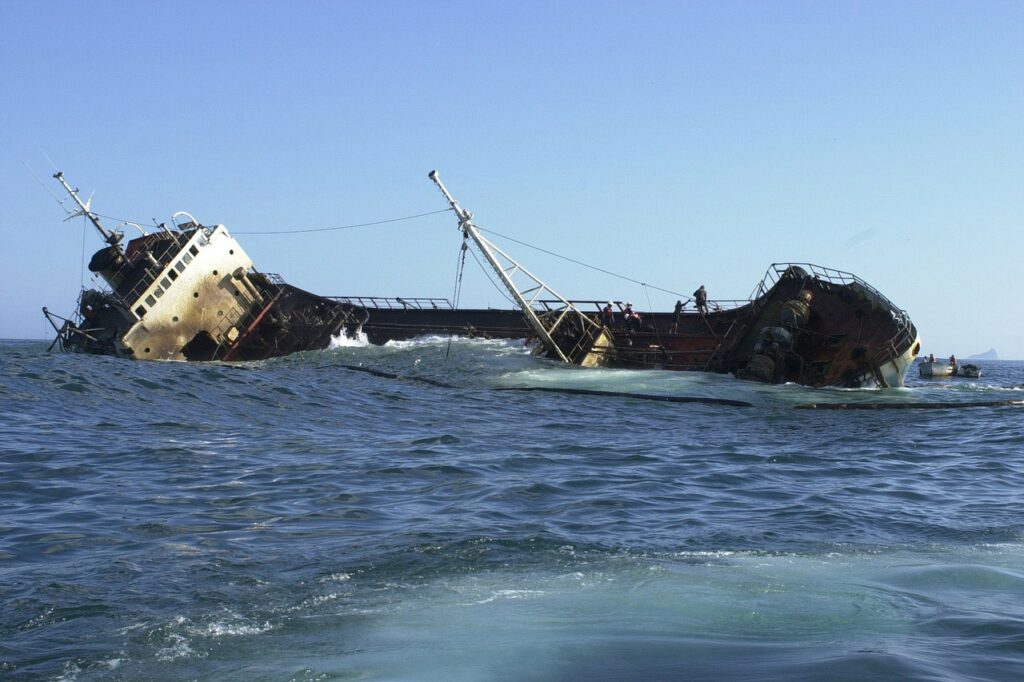
Over break I went back and listened to one of my favorite podcasts, Snap Judgement’s Down With the Ship, with a more analytic approach. The segment starts off with Glynn Washington’s classic small-personal story intro about doing stand up even though he knew it was going to fail. The theme was introduced shortly thereafter: “real stories of people who decide to see things through to the bitter end.”
The style of Snap Judgement shares certain similarities with other podcasts; Down With the Ship jumps straight into introducing the main character trying to remember how to play a song, we figure out his profession (musician on a cruise ship), and figure out the beginning to the story (playing a cruise ship gig for a wedding). After the basic groundwork has been set, however, the style takes a hard turn. The narrator stops asking questions and the storyteller is given free reign of his story (a musician saving 200 people on the ship), start to finish. The narrator only jumps in to clarify certain, small details that the storyteller forgets or leaves out. Otherwise, it’s all that guy telling his story.
This is what makes Snap Judgement different from other podcasts. As opposed to Radio Lab, Planet Money, or This American Life, Snap finds interesting stories from people and then lets them tell them, with generally very little commentary. It allows the listener to be dragged into the story full force, and experience everything through the eyes of the person, which is kind of their goal.
The mission statements of sorts of Snap is “you can’t hate a person once you know their story.” The real focus is on making a connection with the story teller, as opposed to learning some lesson or other thing. Just connecting with people.
The format of Snap also suggests a reverse layout, where instead of finding a theme and then finding stories to match that, they find interesting stories and then try to find an interesting common link between them. In this case, stories of people sticking things out to the bitter end.
The biggest draw of Snap, aside from the intensely personal nature of it’s stories, is the length. This podcast doesn’t take an hour to reach a conclusion. The incredible story of a ship’s musicians saving more than 200 people off a sinking ship is just 21 minutes. There isn’t a moral that’s explicitly stated at the end, you’re just kind of left to draw your own conclusions.
